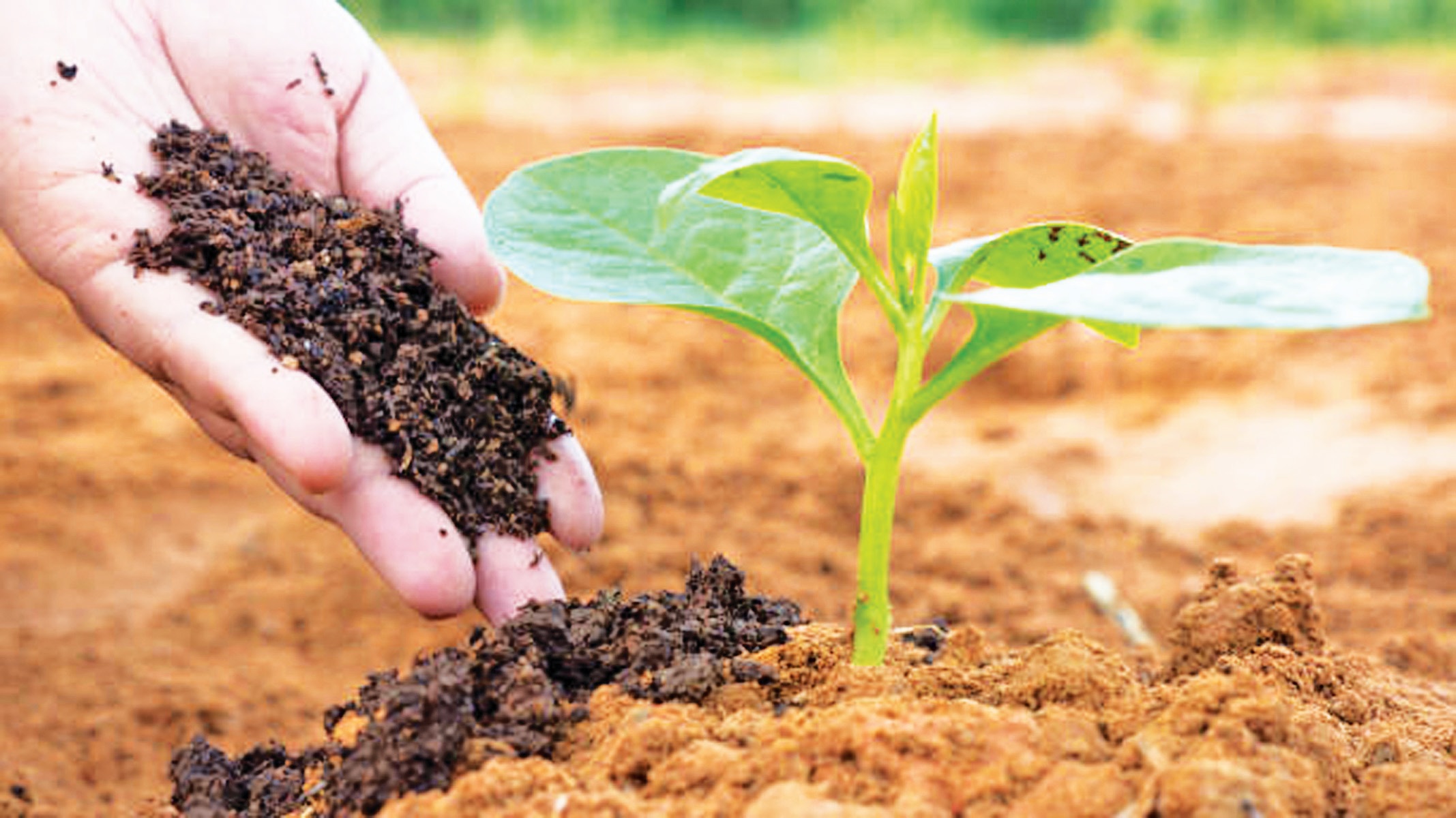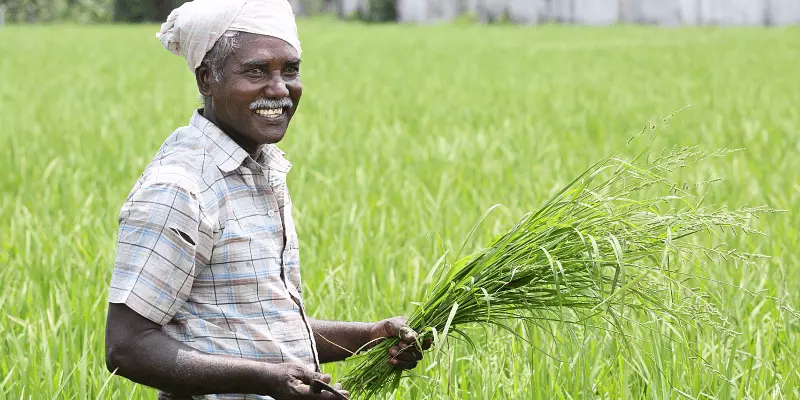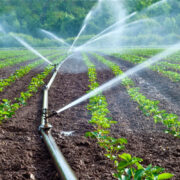Organic Farming: One of the key driving factors for the growth of organic farming in India is the increasing awareness and demand for organic products. As consumers become more health conscious and environmentally aware, they are seeking safe and chemical-free food options. This growing demand for organic produce has created a lucrative market for farmers and encourages them to shift towards organic cultivation methods.
India has immense potential for organic farming, given its diverse agro-climatic conditions. This diversity enables the production of a wide range of organic crops and commodities, making it suitable for export to international markets. Several developed countries, such as the United States and European nations, have a high demand for organic products. Indian organic farmers have the opportunity to tap into these lucrative export markets, which can significantly boost their income.
Also Read: Nature’s Air Purifiers: Transform Your Home with These Indoor Plants for Cleaner, Fresher Air

Organic Agriculture
The Indian government has recognized the importance of organic farming and has implemented various initiatives to support and promote it. Schemes like the National Mission for Sustainable Agriculture (NMSA) and Paramparagat Krishi Vikas Yojana (PKVY) provide financial incentives, training, and certification support to farmers interested in transitioning to organic practices. These government efforts create a favourable environment for the expansion of organic farming in India.
Organic farming emphasizes sustainability by promoting soil health, reducing water usage, and minimizing the use of synthetic chemicals. In a country like India, where water resources are under stress and soil degradation is a pressing concern, organic farming offers a sustainable solution. By adopting organic practices, farmers can contribute to the conservation of valuable natural resources while ensuring the long-term viability of agriculture.
Also Read: Mosquito Menace: Protecting Livestock and Crops with Effective Farm Mosquito Control Strategies

Organic Agriculture
Despite the promising prospects, organic farming in India faces challenges such as limited awareness among farmers, initial investment costs, and the need for effective marketing channels. Addressing these challenges requires a multi-pronged approach that involves education and training, financial support, and the development of robust market linkages. As more stakeholders, including government bodies, NGOs, and private sector players, come together to address these issues, organic farming is poised to thrive.
The future prospects of organic farming in India appear bright. Increasing consumer awareness, export opportunities, government support, environmental sustainability, and collaborative efforts to overcome challenges all contribute to the growth of organic agriculture in the country. As India continues its journey towards sustainable and eco-friendly farming practices, organic farming is set to play a vital role in shaping the future of agriculture in the nation.
Also Read: National Nutrition Week: National Nutrition Week 2023 – Nourishing Foods and Festive Ideas!









